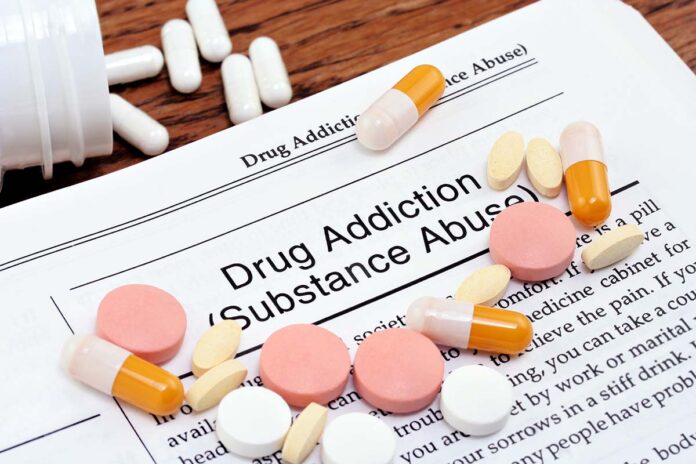Substance use disorder is a complex and multifaceted issue that affects individuals, families, and communities worldwide. It involves the harmful or hazardous use of psychoactive substances, including alcohol and illicit drugs, leading to significant negative consequences. The problem is characterized by an individual’s compulsive engagement with these substances despite adverse effects, and it often results in a range of physical, psychological, and social problems.
Causes and Risk Factors
Substance abuse does not arise from a single cause but rather from a combination of genetic, environmental, and psychological factors. Genetics play a crucial role, as individuals with a family history of addiction are more likely to develop substance use disorders. However, environmental factors such as exposure to substance abuse in the family, peer pressure, and socioeconomic conditions also significantly contribute to the risk. Psychological factors, including mental health disorders like depression and anxiety, can drive individuals to self-medicate with substances, further complicating their addiction.
Impact on Health
The impact of substance abuse on health is profound and varied. Physiologically, substances like alcohol, cocaine, heroin, and prescription opioids can lead to severe damage to vital organs. For instance, chronic alcohol abuse is associated with liver diseases such as cirrhosis and hepatitis, while heroin use can cause respiratory issues and infectious diseases due to needle sharing. Cocaine abuse can result in cardiovascular problems, including heart attacks and strokes.
On a psychological level, substance abuse often exacerbates mental health issues, leading to a vicious cycle of addiction and worsening mental conditions. For example, someone suffering from depression might use alcohol or drugs to alleviate their symptoms, only to find that their substance use exacerbates their depression over time.
Social Consequences of substance use disorder
The social implications of substance abuse are extensive. On an individual level, substance abuse can lead to deteriorating relationships with family and friends. It often results in conflicts, trust issues, and emotional distress within families. The disruption extends to professional life as well, where substance abuse can lead to poor work performance, absenteeism, and even job loss.
Communities also bear the brunt of substance abuse through increased crime rates and social instability. Drug-related crimes, such as trafficking and violence, strain law enforcement resources and contribute to societal decay. Furthermore, substance abuse can place a significant financial burden on healthcare systems and social services, leading to increased public expenditure.
Treatment and Recovery of substance use disorder
Addressing substance abuse requires a comprehensive approach involving medical, psychological, and social interventions. Treatment often begins with detoxification, a process that helps individuals safely manage withdrawal symptoms. Following detox, a combination of behavioral therapies, counseling, and support groups is typically employed to address the underlying issues of addiction.
Cognitive-behavioral therapy (CBT) is one of the most effective approaches, helping individuals recognize and change maladaptive thought patterns and behaviors related to substance use. Additionally, motivational interviewing and contingency management can enhance treatment outcomes by increasing individuals’ motivation to change and providing rewards for maintaining sobriety.
Pharmacotherapy can also play a crucial role in treatment, particularly for opioid use disorder. Medications like methadone, buprenorphine, and naltrexone can help manage cravings and reduce the risk of relapse. For alcohol use disorder, medications such as disulfiram, acamprosate, and topiramate can be used to support recovery.
Recovery is a long-term process that often involves ongoing support from various sources. Support groups, such as Alcoholics Anonymous (AA) and Narcotics Anonymous (NA), provide a community of individuals who share similar experiences and offer mutual encouragement. Family therapy and support networks can also be instrumental in helping individuals rebuild their lives and relationships.
Prevention of substance use disorder
Preventing substance abuse is a critical aspect of addressing the issue. Education and awareness programs can inform individuals, especially young people, about the dangers of substance abuse and promote healthy coping mechanisms. School-based programs, community outreach, and media campaigns can play a role in prevention.
Health insurers will make the decision about cashless authorization
Conclusion
Substance abuse is a serious and complex issue that affects every aspect of an individual’s life and has far-reaching consequences for society. Understanding its causes, impacts, and treatment options is essential for developing effective strategies to combat addiction. By combining prevention efforts with comprehensive treatment and support systems, we can work towards reducing the prevalence of substance abuse and supporting individuals on their path to recovery.




























